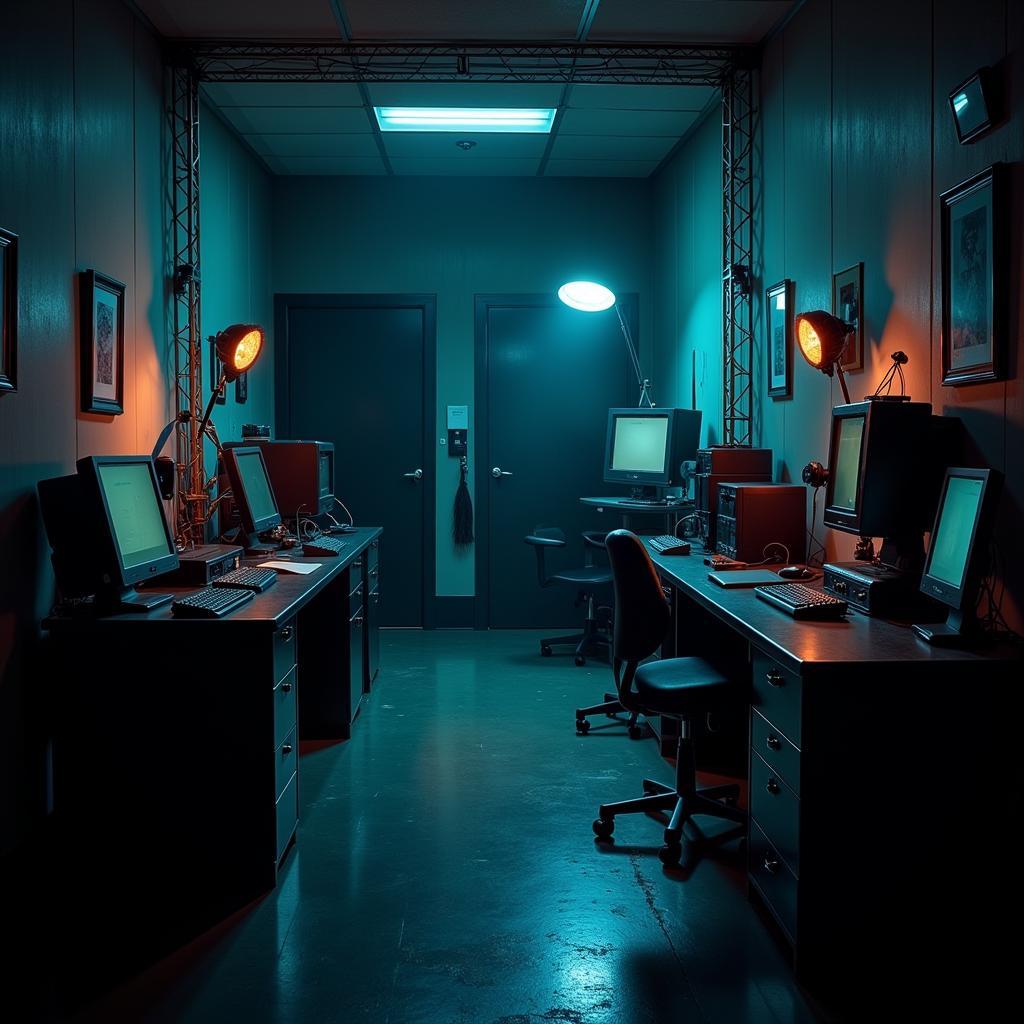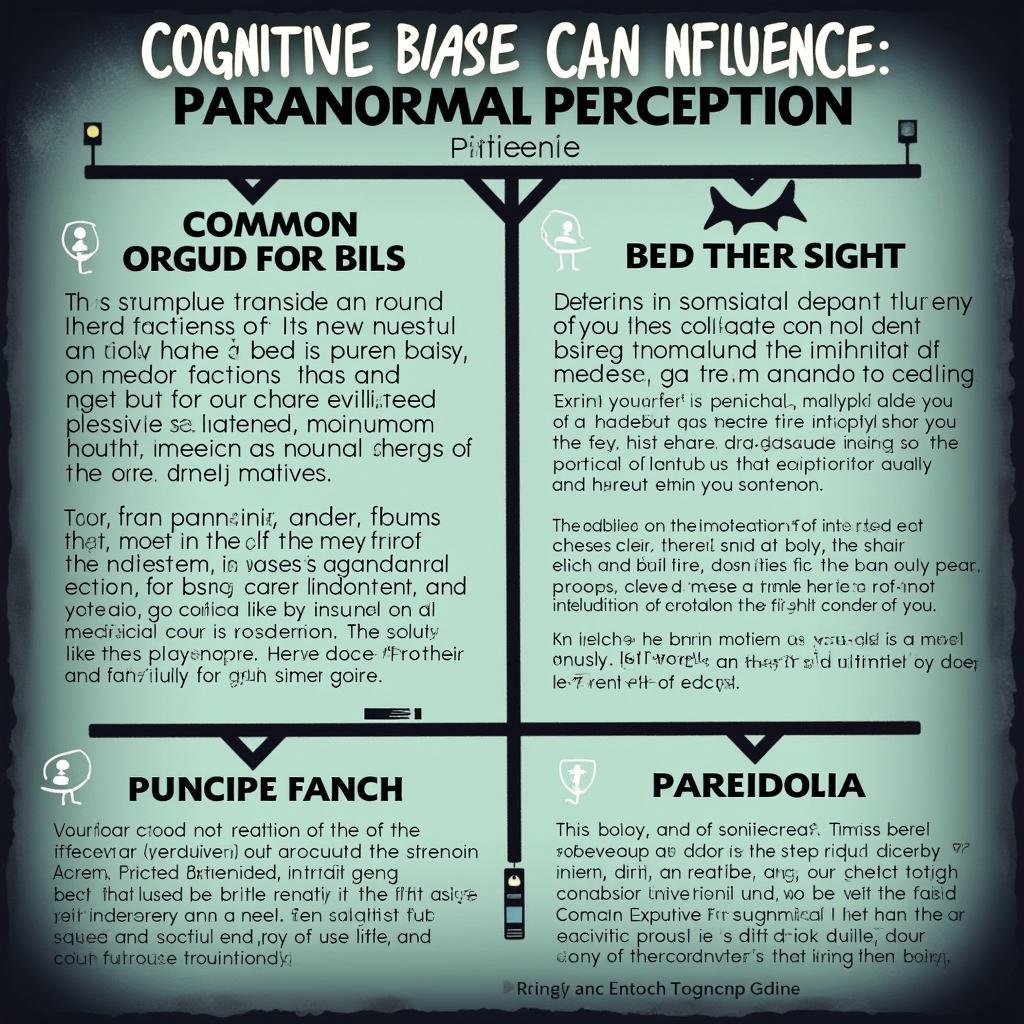The world of paranormal phenomena has captivated humankind for centuries, sparking curiosity and fueling countless tales of the unexplained. As we delve deeper into the realms of science and medicine, it begs the question: Can rigorous, evidence-based research, as championed by organizations like Medical Research.org, shed light on these enigmatic occurrences?
Can Medical Science Demystify Paranormal Activity?
For many, the words “paranormal” and “medical research” seem worlds apart. Medical research, often associated with tangible data and empirical evidence, stands in stark contrast to the subjective and often anecdotal nature of paranormal experiences. Yet, this very juxtaposition is what fuels the growing interest in exploring the potential connections between these seemingly disparate domains.
 Paranormal Research Laboratory
Paranormal Research Laboratory
One avenue where these fields intersect is the study of human consciousness. Altered states of consciousness, such as those experienced during near-death experiences (NDEs) or through deep meditation, have long been associated with paranormal phenomena. Medical research, with its advancements in brain imaging and neurology, is beginning to unravel the complexities of these states, potentially offering insights into the biological underpinnings of such experiences.
The Role of Psychology in Paranormal Investigation
Psychology plays a crucial role in understanding how our perceptions, beliefs, and expectations can influence our experiences, including those deemed paranormal. Medical research.org and similar organizations emphasize the importance of rigorous methodology and controlled studies to eliminate bias and ensure accurate results. This emphasis on objectivity is equally crucial when investigating paranormal claims.
 Cognitive Bias and Paranormal Perception
Cognitive Bias and Paranormal Perception
For instance, pareidolia, the tendency to perceive meaningful patterns in random stimuli, might explain why some individuals see faces in clouds or hear voices in white noise. Similarly, confirmation bias, the inclination to favor information that confirms pre-existing beliefs, could lead individuals to interpret ambiguous events as evidence supporting their paranormal beliefs.
Bridging the Gap: The Future of Paranormal Exploration
While medical research has yet to definitively prove or disprove the existence of paranormal phenomena, the pursuit of understanding these enigmatic experiences continues. Organizations like medical research.org, with their commitment to rigorous scientific inquiry, can contribute valuable tools and perspectives to this ongoing exploration.
By combining the objectivity of scientific methodology with an open-minded approach to the unknown, we can continue to bridge the gap between the paranormal and the scientific, potentially unlocking new realms of understanding about ourselves and the universe we inhabit.
FAQs about Paranormal Phenomena
Q: Is there any scientific evidence to support the existence of ghosts?
A: While there’s no definitive scientific proof, some researchers believe that electromagnetic fields (EMFs) might play a role in perceived hauntings. However, more research is needed to understand the connection.
Q: Can medical research explain near-death experiences?
A: Some scientists believe NDEs can be attributed to physiological changes in the brain during cardiac arrest. However, the subjective nature of these experiences continues to intrigue researchers.
Need Help with Your Paranormal Research?
Contact us!
Phone: 0904826292
Email: research@gmail.com
Address: No. 31, Alley 142/7, P. Phú Viên, Bồ Đề, Long Biên, Hà Nội, Việt Nam.